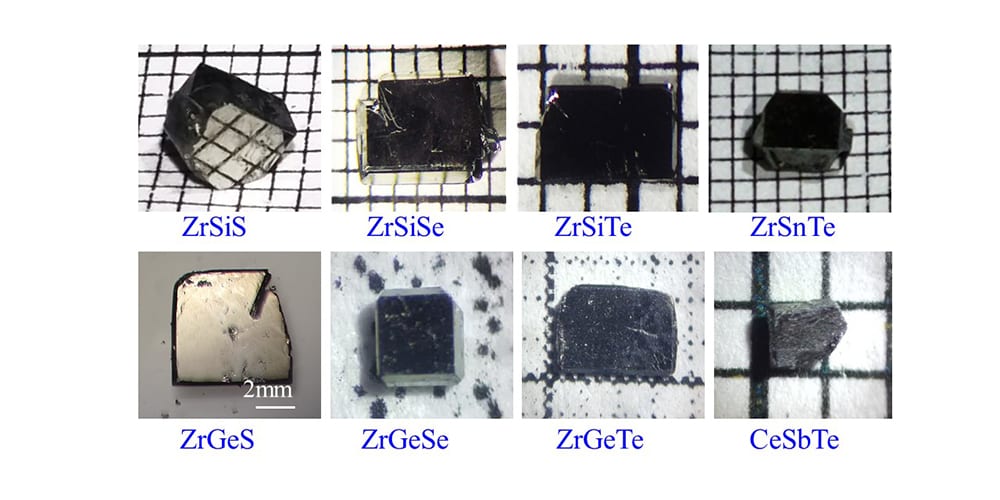DOE Early Career Research Awardee to Study Quantum Materials

The U.S. Department of Energy awarded Jin Hu, a physicist at the U of A, with a prestigious Early Career Research Program award to support his research on topological quantum materials, which have promising applications in information storage and quantum computing.
The $750,000 award will be used to develop greater understanding of these materials, which have novel electronic properties. The goal is to create new directions for inquiry and generate momentum for the deployment of quantum materials in new technologies.
Topological quantum materials display dynamic electronic properties regardless of temperature shifts or changes in structural form. Hu, an assistant professor of physics, will pursue research involving crystal growth, characterization and various measurements in high field, low temperature and high-pressure environments to study the role of electron interactions in these materials.
“I feel deeply honored,” Hu said of the award. “It not only provides research support for us to dig into this young area, but also demonstrates that interacting topological materials are a promising direction.” He added: “This single investigator award is part of a broader effort on quantum materials on campus that involves many physics and engineering faculty from whom I benefit a lot, including Greg Salamo, Hugh Churchill and Salvador Barraza-Lopez from the Department of Physics as well as Fisher Yu from Electrical Engineering.”
Hu noted in his application that theories related to topological quantum materials were the basis of the Nobel Prize in Physics in 2016. These crystalline solids show evidence of unusual quantum particles. Previously, these particles could only be studied in particle accelerators or cosmic rays. Their presence in solid state materials mimics similar high-energy particles, providing a new way for researchers to study them and more easily investigate a number of fundamental concepts from high-energy physics.
Topological quantum materials also display novel electronic properties. A more thorough understanding of these materials, including the effects of electronic interactions to be studied in this project, could lead to a wide range of technological breakthroughs, including advances in electronics and materials science.
The Department of Energy’s Early Career Research Program is designed to help grow the country’s workforce in the STEM fields — science, technology, engineering and math. This program targets untenured, tenure-track assistant or associate professors at a U.S. academic institution, or a full-time employee at a DOE National Lab, who are within 10 years of earning their Ph.D. and have demonstrated excellence in the DOE’s priority research areas. Overall, $100 million in funding was awarded to 83 scientists this year. Hu is the only awardee from Arkansas.
Spread out over the course of five years, this award will help establish the foundation of Hu’s career. It will also enable him to expand his academic network and strengthen his collaboration with both departmental colleagues and DOE national labs.

